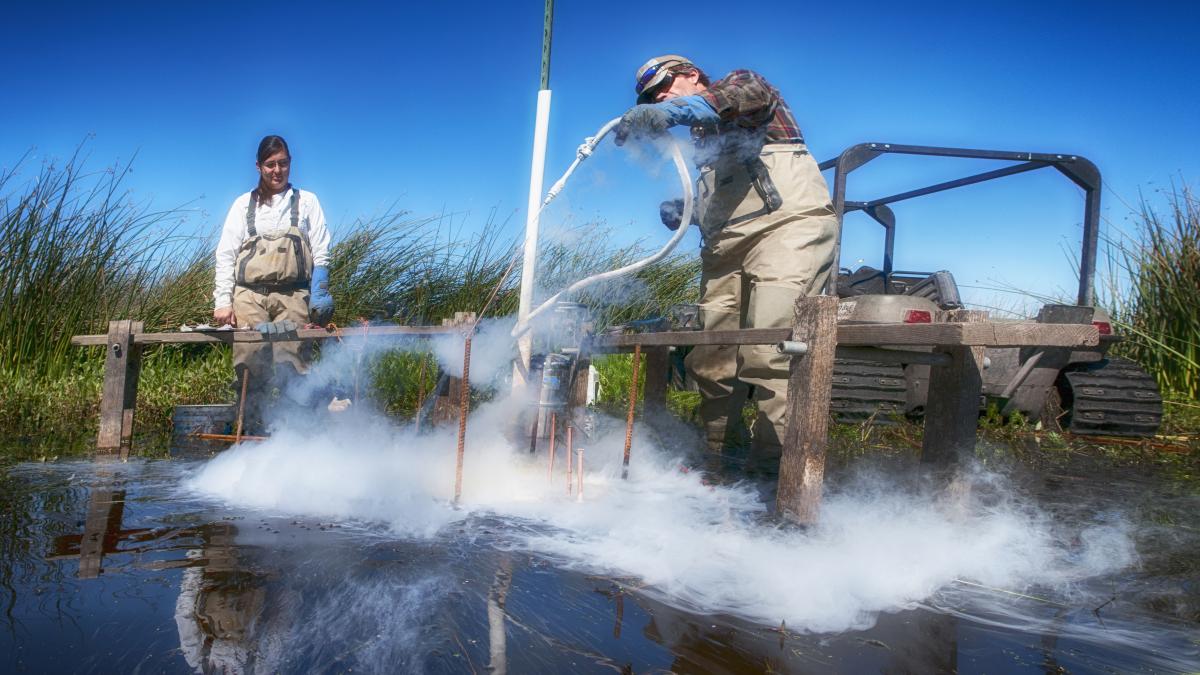Who is called Hydrologist; what do they do?
One of the basic needs of human beings is water. The importance of water increases day by day with the increasing number of human population. People who are trained to determine the location and use of water are called hydrologists.

Hydrologist conducts necessary research on underground and aboveground waters used for various purposes. It researches waters according to certain quality and measurements. It is responsible for carrying out investigations for the cleaning and protection of waters.
Originally, hydrology was an integral part of sciences such as physical geography, geology, hydraulic engineering, and navigation. As a full-fledged, independent information system, it took shape only at the beginning of the 20th century. The name Hydrologist was first used in a book published by German naturalist Eberhard Melchior in 1694. The work of this scientist was devoted to the thermal springs of Germany.
Eberhard Melchior was a writer who published a few works about German thermal spas around 1700.
However, the modern definition of hydrology was made in 1915 by Viktor Glushkov, a Russian scientist who specialized in hydraulic engineering and hydrodynamics.
Description of the profession
The hydrologist studies the processes occurring in the water bodies of the entire planet. They also examine the condition of natural and artificial reservoirs and groundwater. It is responsible for meeting the needs of various sectors of the national economy in water resources and helping to protect them. In addition, the work of such specialists is concerned with the search for new water resources, extracting the depth of their location, and determining their usability.
